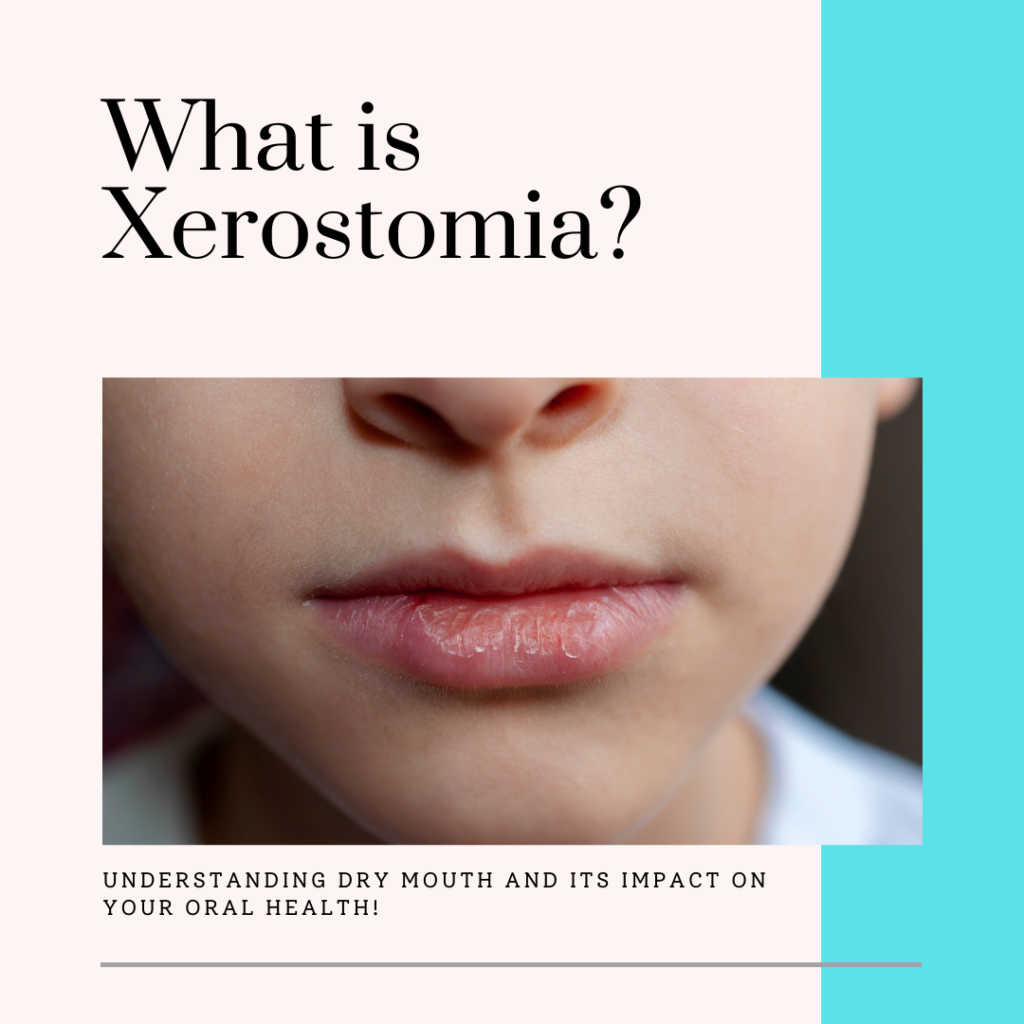Have you ever experienced a persistent dry, sticky feeling in your mouth that just won’t go away? If so, you might be dealing with a condition known as xerostomia, commonly referred to as dry mouth. At the Cosmetic Dentistry Center in Brooklyn, New York, we’re dedicated to providing our patients with friendly, knowledgeable, and informational guidance on how to manage and treat xerostomia to ensure optimal oral health.
What is Xerostomia?
Xerostomia is the medical term for dry mouth, a condition that occurs when your salivary glands don’t produce enough saliva to keep your mouth moist. Saliva is essential for maintaining oral health as it helps with digestion, cleanses the mouth, and neutralizes acids produced by bacteria. When saliva production is reduced, it can lead to a variety of discomforts and health issues.
Causes of Xerostomia
Xerostomia can be caused by a variety of factors, including:
1. Medications
Many over-the-counter and prescription medications list dry mouth as a side effect. Common culprits include antihistamines, decongestants, pain relievers, diuretics, muscle relaxants, and medications used to treat high blood pressure, depression, and anxiety.
2. Medical Conditions
Certain medical conditions can affect saliva production and lead to dry mouth. These include diabetes, Sjögren’s syndrome, HIV/AIDS, Parkinson’s disease, and Alzheimer’s disease. Cancer treatments like radiation therapy to the head and neck can also damage salivary glands, resulting in xerostomia.
3. Lifestyle Factors
Habits like smoking or chewing tobacco can decrease saliva production and exacerbate dry mouth. Excessive alcohol consumption and the use of recreational drugs such as methamphetamine can also contribute to xerostomia.
4. Aging
As we age, our bodies naturally produce less saliva. While dry mouth isn’t a normal part of aging, it’s more common among older adults due to factors like medications and health conditions.
5. Dehydration
Not drinking enough water can lead to dehydration, which in turn can cause dry mouth. This can happen if you’re not consuming enough fluids or if you’re losing fluids due to illness, excessive sweating, or other factors.
Symptoms of Xerostomia
Xerostomia can cause a variety of symptoms, including:
- A sticky, dry feeling in the mouth or throat
- Frequent thirst
- Difficulty chewing, swallowing, or speaking
- A dry or rough tongue
- Cracked lips or sores in the mouth
- Bad breath
- Changes in taste or a metallic taste in the mouth
- Increased susceptibility to tooth decay and gum disease
The Impact of Xerostomia on Oral Health
Saliva plays a critical role in protecting your teeth and gums. When saliva flow is reduced, it can lead to several oral health problems, including:
- Tooth Decay and Cavities: Without enough saliva to wash away food particles and neutralize acids, your risk of developing cavities increases.
- Gum Disease: Dry mouth can contribute to the buildup of plaque and bacteria along the gum line, leading to gum disease.
- Mouth Infections: A lack of saliva can create an environment where harmful bacteria can thrive, increasing the risk of oral infections such as thrush.
- Difficulty Wearing Dentures: Dentures may not fit as comfortably in a dry mouth, leading to irritation and discomfort.
How to Manage Xerostomia
If you’re experiencing symptoms of xerostomia, there are several steps you can take to manage the condition:
- Stay Hydrated: Drink plenty of water throughout the day to keep your mouth moist.
- Use a Humidifier: Adding moisture to the air, especially while you sleep, can help alleviate dry mouth.
- Chew Sugar-Free Gum: Chewing gum can stimulate saliva production, helping to relieve dry mouth.
- Avoid Alcohol and Caffeine: These substances can dry out your mouth, so it’s best to limit or avoid them.
- Use Over-the-Counter Products: There are saliva substitutes and mouthwashes designed specifically for dry mouth that can help alleviate symptoms.
- Practice Good Oral Hygiene: Brush and floss regularly to prevent tooth decay and gum disease. Consider using toothpaste designed for dry mouth.
Xerostomia is more than just an uncomfortable nuisance—it can have a significant impact on your oral health. If you’re struggling with dry mouth, it’s important to address the underlying cause and find the right treatment. Book a consultation with the Cosmetic Dentistry Center, the best in Brooklyn, New York, for expert advice and personalized care. Our experienced team is here to help you manage xerostomia and maintain a healthy, comfortable smile.
